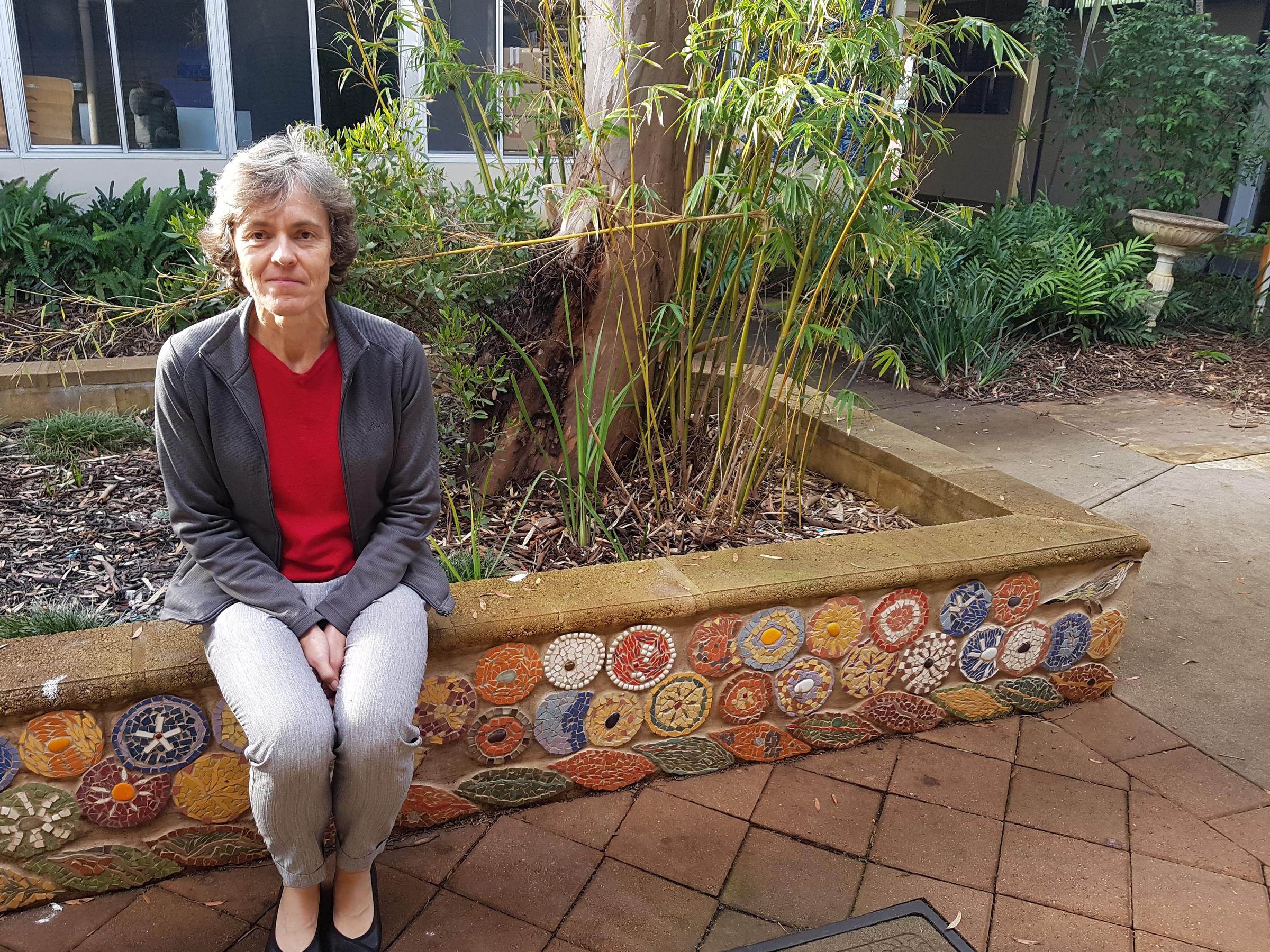A Word from Our Chaplain

BOYS and the 'line in the sand'
Maggie Dent, in her recent blog article ‘Please teach your sons about ‘the line in the sand’’ (https://www.maggiedent.com/blog/please-teach-your-sons-about-the-line-in-the-sand/) writes that boys, regardless of whether they are more outgoing/strong or gentle/sensitive, all need to learn how to identify appropriate and acceptable behaviour in 3 main areas.
MOVEMENT Did you know that many boys need plenty of movement to create enough positive neurochemicals to feel good and reduce stress? This may explain why so many boys wriggle, fidget and walk ‘randomly’ whether at home or at school. Rather than making them feel naughty, Maggie suggests that it is more useful to teach them ways to fulfil this need (like quietly tapping their foot on the floor, wriggling their toes, or drawing), without creating a disruption.
PHYSICALITY Many boys find it easy to connect and have fun with other boys through rough and tumble play. It is important that they remember that these games are not acceptable if any of the participants begin to feel wrong or disrespected since this can lead to aggressive play. Maggie also suggests that boys be reminded that not all girls (or even boys) will enjoy this type of play.
POSSESIONS Maggie writes that some boys, while at school, may want to lash out if another child uses something they have a strong attachment to. Boys have an innate urge to defend the things that are ‘theirs’. This feeling may happen in response to the breaking of a Lego tower or when someone else plays with their friend. Boys need help learning that some things just do not belong to us, and friends never belong to us.
‘Boys need to know that feeling lousy after we have been emotionally hurt, excluded, treated badly, misunderstood or feel disrespected is completely normal. Emotional coaching early in boyhood will help boys understand the intensity of big ugly feelings like jealousy, envy, frustration, sadness and fear. A little boy needs to know these are normal human feelings and that there are things that he can do that can help process these feelings rather than needing to intentionally hurt others.’
Loving parents and carers can work alongside schools to ensure our boys develop respectful behaviours that will benefit them and the people they come into contact with when they are adults.
Louise Lathbury
School Chaplain



